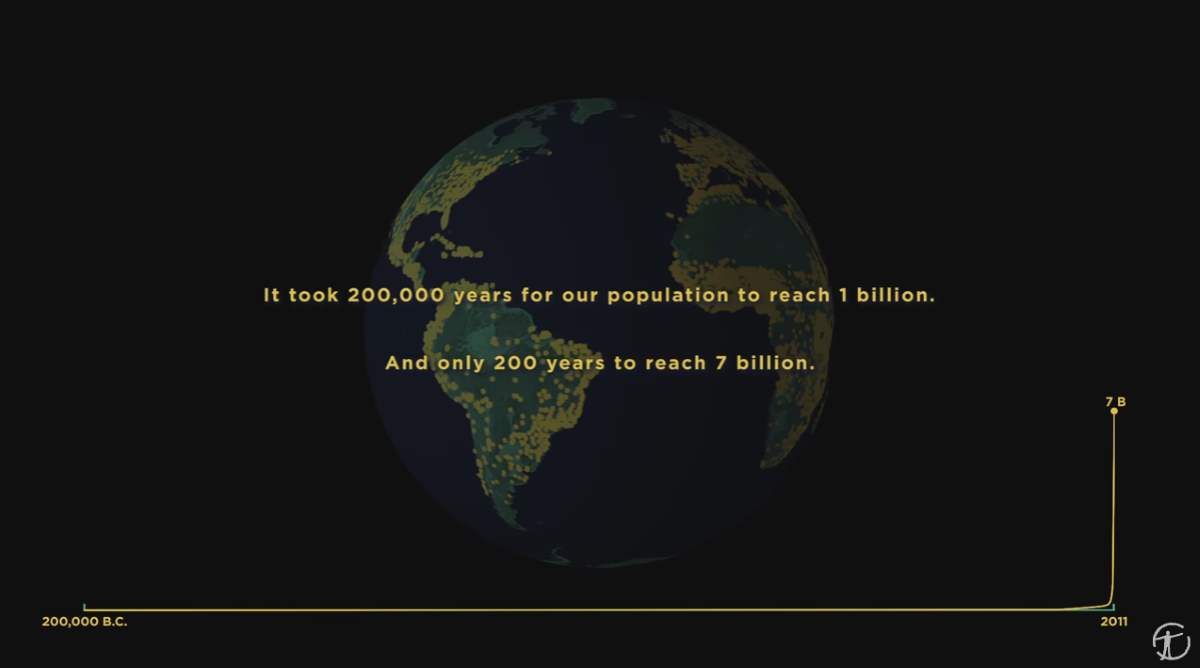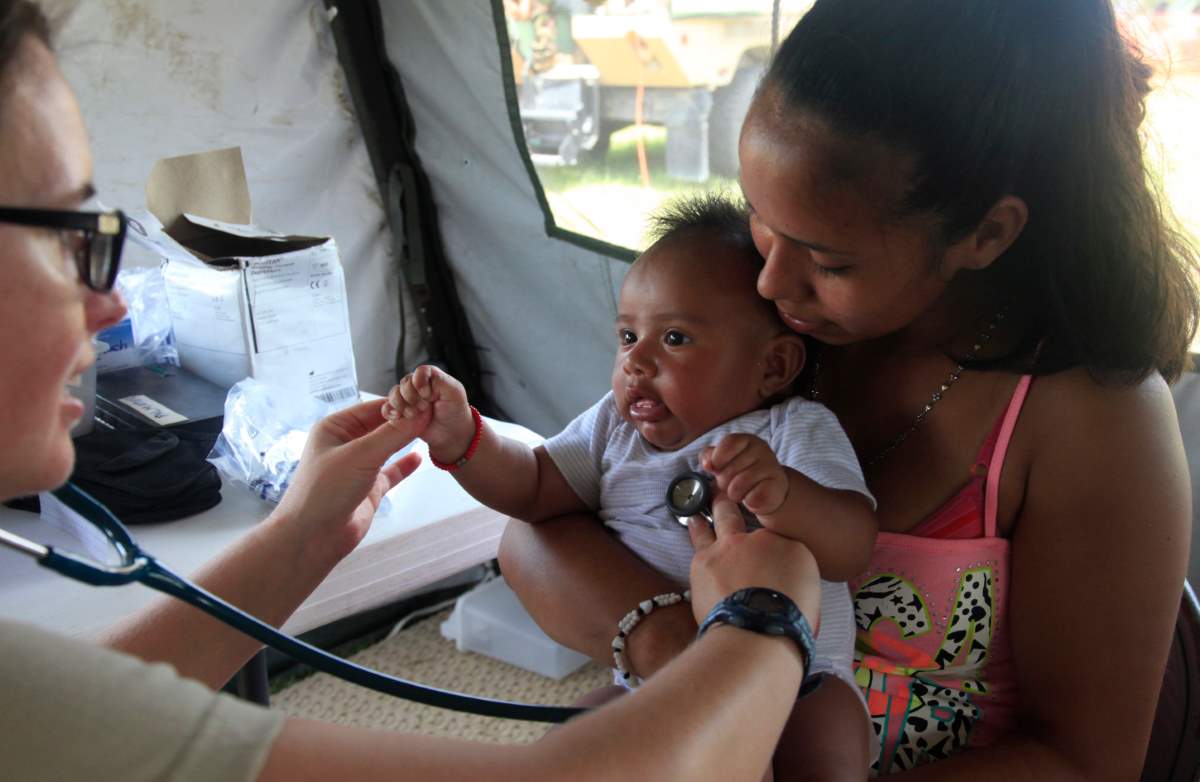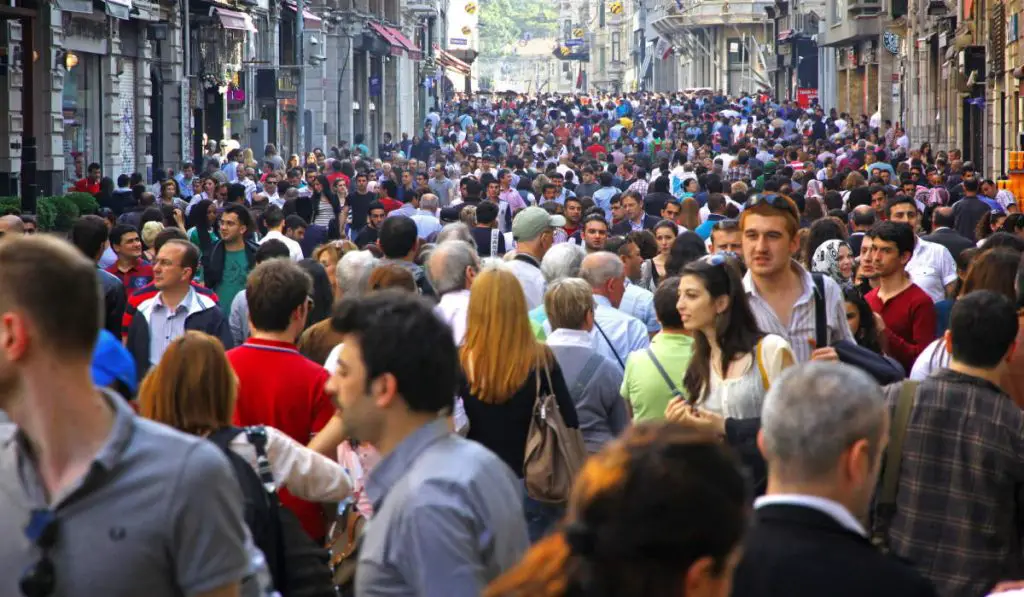The Earth is getting more crowded every single day. As of December 2017, the world population was estimated at 7.6 billion. It took 200,000 years for our human population to reach 1 billion, and only 200 years to reach 7+ billion. The United Nations estimates it will further increase to 11.2 billion in the year 2100. Another fact is, that now people live longer and healthier lives, and the infant mortality rate (IMR) is declining rapidly.
In the early 1800s, newborns were expected to live only a dismal 30 years. But, thanks to advances in farming, medicine,
As we make the world healthier, is the population going to get so big that feeding everybody and maintaining the environment is going to be impossible? Bill Gates answers this question, says no, and tells why.

“It took 200,000 years for our human population to reach 1 billion—and only 200 years to reach 7 billion. But growth has begun slowing, as women have fewer babies on average. When will our global population peak? And how can we minimize our impact on Earth’s resources, even as we approach 11 billion?”
Gates looks at the human population graphic over time above and acknowledges that the Earth is getting crowded at an increasing pace. But, he says, they (his wife Melinda and himself) found out that as health improves, families choose to have fewer children (my note: getting a better education should also play a part here – better-educated people are also usually healthier, and they tend to have fewer children). In every part of the world, this is repeated. The population growth goes down as we improve health.
Gates shows the population growth graph and points out that since the 1960s, the annual growth rate of the world population is rapidly declining. It was 2.1% in the 60s, but it is now around 1% and it will be less than 0.2% in 2100.
There will be around 11 billion people in 2100. “11 billion people is still a lot, but the good news is that the faster we improve health, the faster family size goes down. And so we can feel great about saving those lives,” Gates concludes.

- Moon Landings: All-Time List [1966-2025] - February 2, 2025
- What Is Max-Q and Why Is It Important During Rocket Launches? - January 16, 2025
- Top 10 Tallest Rockets Ever Launched [2025 Update] - January 16, 2025

